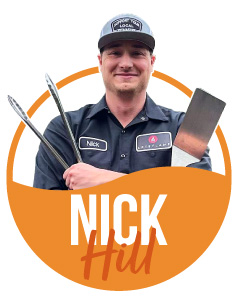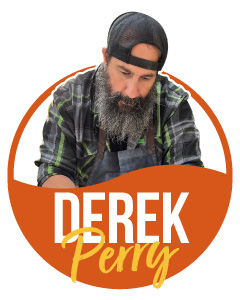Propane (LP) Vs. Natural Gas (NG) Grills

Nothing says "festive" like the idea of throwing a thick juicy steak onto a hot grill. There’s a pure primal pleasure that comes from watching your food cook on an open fire as the aroma of sizzling barbecued sausages, different kinds of delicious meats and veggies fill the air.
For some, this is the best form of aromatherapy there is. Others simply take pleasure in the process. Grilling is an art. It takes a special kind of skillset to get just the right amount of sear while preserving all the juicy tenderness that is synonymous with a flavor-filled meat fest./p>
But, like every artist, you need the best set of tools to get the best outcome. Choosing the right grill is central to the whole process. This begs the question: Propane vs. natural gas grills – which is better? This guide explores the answer to this question in depth.
Propane Vs. Natural Gas: Is There A Difference
The short answer is – yes. Although many use the two terms interchangeably, there are distinct differences between the two. They might be very similar, but they are certainly not the same.
Without getting too much into the nitty-gritty of their chemical makeup (this isn’t a chemistry lesson, after all!), propane belongs to a class of gases known as hydrocarbons. It’s the same class that butane and ethane belong to as well.
They are all by-products that result from refining natural gas and petroleum. This is why propane is also referred to as liquefied petroleum (LP) gas.
Natural gas, on the other hand, is essentially methane that is pressurized to form a liquid. It is natural since it is derived from nature as fossil fuel and contains several other gases, one of which is propane. It is collected as-is before being subjected to a very basic refining process to clean it up and make it more efficient.
Differences
Here’s how propane and natural gas are different.
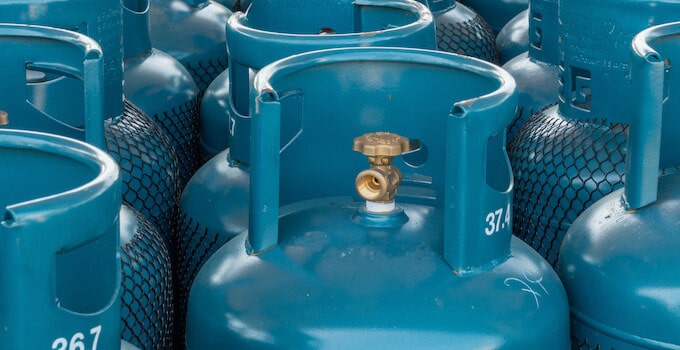
1. Propane Is Heavier Than Natural Gas
Compared to air, natural gas is generally lighter, whereas propane is heavier. This difference becomes apparent when putting safety measures in place, particularly in enclosed spaces.
While both gases dissipate easily into the surrounding environment, propane collects along the floor while natural gas rises to the ceiling of a room as it naturally rises. So, if there’s an undetected gas leak, the risk of suffocation or explosion is much higher with propane than it is with natural gas.
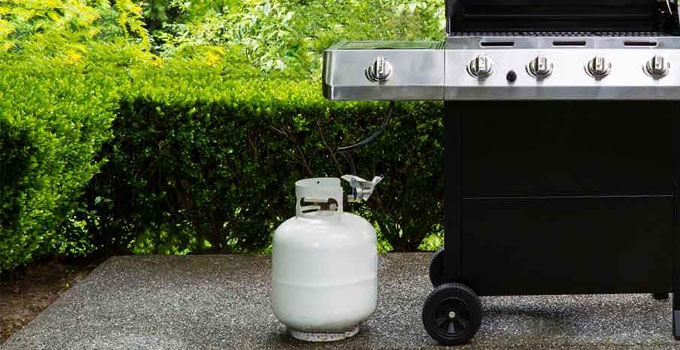
2. Natural Gas Is Cheaper Than Propane
The cost of propane gas is much higher per unit volume than that of natural gas. However, this isn't as straightforward as you may think. This fact will balance out when you compare the amount of heat produced by both.
While natural gas is cheaper than propane gas, keep in mind that natural gas does burn much faster than propane, meaning you will burn through it much faster. Propane burns twice as hot as natural gas for less, so you will end up using less of it over time compared to natural gas.
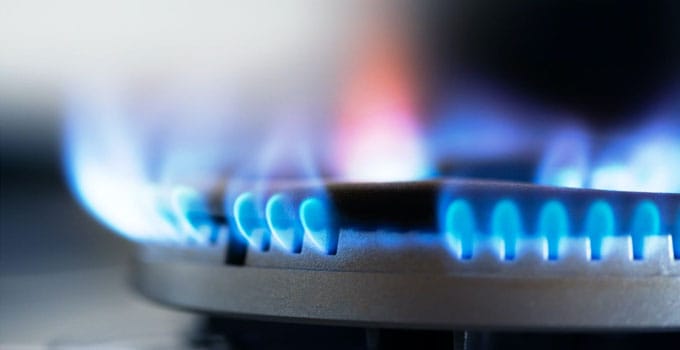
3. Propane Is More Energy-Efficient
Energy efficiency is important when it comes to the type of fuel used. Energy efficiency is measured using the British Thermal Unit (BTU), a measure of the total energy required to increase the temperature of a pound of water by a single Fahrenheit degree.
You’ll often notice that the price of gas in the US is quoted in dollars per million BTUs. The BTU of one cubic foot of propane is 2,516 compared to 1,030 of natural gas. So, you’ll need more than double the amount of natural gas to produce the same energy as compared to the amount produced by propane.
The Takeaway
Both propane and natural gas grills give you the same outcome when using them for cooking your meats. It ultimately boils down to the level of importance you place on convenience, cost, and efficiency.
If you're looking to leave a smaller carbon footprint and save money in the process, then natural gas is the way to go. On the other hand, if the location of the natural gas line in your home is inaccessible or not connected at all, the installation process could rack up quite a bill. In such instances, propane provides a cheaper, more viable alternative.



